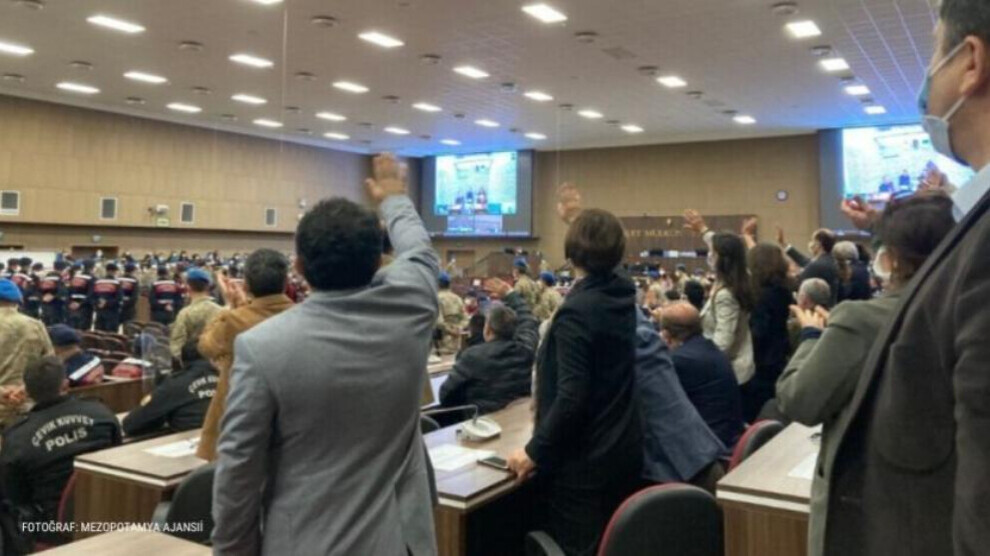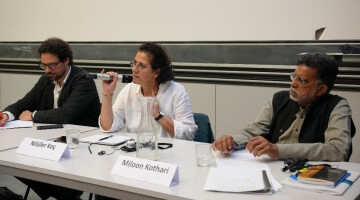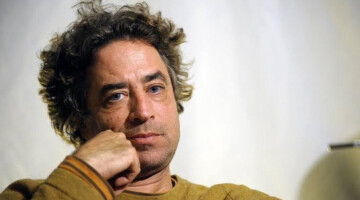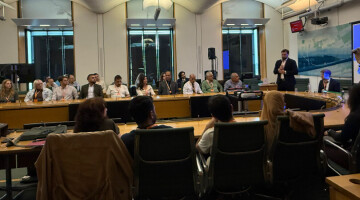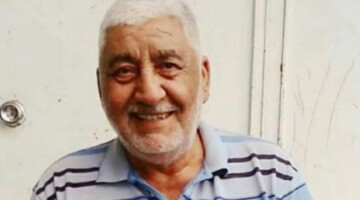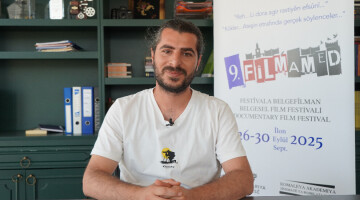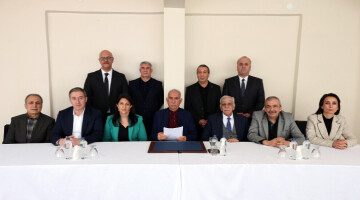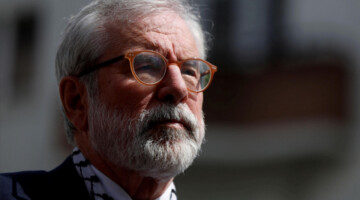The verdict was announced on May 16 in the Kobanê Conspiracy Case, which was opened 7 years after the protests against ISIS attacks on Kobanê on 6-8 October 2014 and continued for 4 years. The Ankara 22nd High Criminal Court ruled for the release of 5 people and acquitted 15 people in the case where 108 people, 18 of whom are imprisoned, are on trial. While 13 of them are to remain in prison, former HDP Co-Chairs Selahattin Demirtaş and Figen Yüksekdağ were sentenced to 42 and 30 years and 4 months in prison respectively. The court did not find 36 defendants including Demirtaş responsible for the loss of life during the protests in various cities and acquitted them. Sezin Öney and Veysi Eski, two of the lawyers in the case, evaluated the verdict to ANF.
‘There can be no such thing as aiding the offence of an abstract danger’
Veysi Eski said the following regarding the verdict: "The court knew that it could not impose a sentence under 302. Especially it could not establish a causal link with those protests. As you know, they made a forced decision because the verdict was political. Normally, 302 is the offence of an abstract danger. There can be no such thing as aiding an offence of an abstract danger. They sentenced the MYK (Central Executive Board) members for ‘aiding’ based on article 39 of the TCK (Turkish Penal Court), that is, aiding the offence 302. They passed the sentence with an incredibly forced interpretation. Legally, this is not possible, because when you rule acquittal for instrumental offences, you must also rule acquittal for 302. You are saying that there was no offence in 302, but then you pass the sentence for aiding. There cannot be such a judgement. We think that this decision was not written in Sincan. This decision was written somewhere else. In the end, this is a decision that is a continuation of the conspiracy that we have talked about from the very beginning."
‘The trial cannot be understood only with today's verdicts’
Lawyer Sezin Öney emphasised that the trial cannot be understood only with today's verdicts, moreover, it is necessary to look at the ongoing unlawfulness throughout the trial: "Today, in the case known as the Kobanê Conspiracy Case, in which former HDP Co-Chairs, MYK members and many politicians from the HDP are on trial, the local court stage has been completed. 5 of the politicians on trial were released and 15 were acquitted. However, apart from those who were acquitted, those on trial were given very high prison sentences. Most of these sentences were given under Article 102 of the Turkish Penal Code, while some of the sentences were passed for illegal organisation membership, illegal organisation propaganda and opposition to Law No. 2019-11.
‘A summary of the past eight years’
It would not be correct to evaluate this case only by looking at today's verdict hearing. Yes, very high sentences were given, but this was actually a summary of the past eight years. Politicians who exercised their constitutional democratic rights, politicians who called on the society to exercise their democratic rights were put on trial. The judgements of the European Court of Human Rights were not implemented in this trial. Aysel Tuğluk, who was acquitted, became a part of a very special policy of persecution in this trial. Politicians were subjected to a special isolation policy in prison and were deprived of exercising even their most basic rights."
‘The intolerance of the government towards the Rojava revolution’
Sezin Öney pointed out that the sentences are the intolerance of the government against the common struggle of the Kurdish people and workers: "This political genocide operation was actually an indication of the state's indigestion of the defeat of ISIS. It was also an indication of the state's intolerance towards the Rojava revolution, which is also a women's revolution, the unity of the peoples that unites the Gezi resistance and the Kobanê uprising, and the HDP programme, which is reflected in the unity of the Kurdish movement and the labouring left. But at the same time, it was also a trial in which politicians who fostered hope in the peoples against this policy of oppression, who resisted, who did not give up saying what they knew was right, came to the fore. This is the first stage. Of course, there will be appeals and other stages, but the local court stage was completed in this way. The current political regime's intolerance towards both the Gezi trial and the Kobanê resistance, its intolerance towards the Kurdish people and labouring peoples has been confirmed once again with the sentences given."

